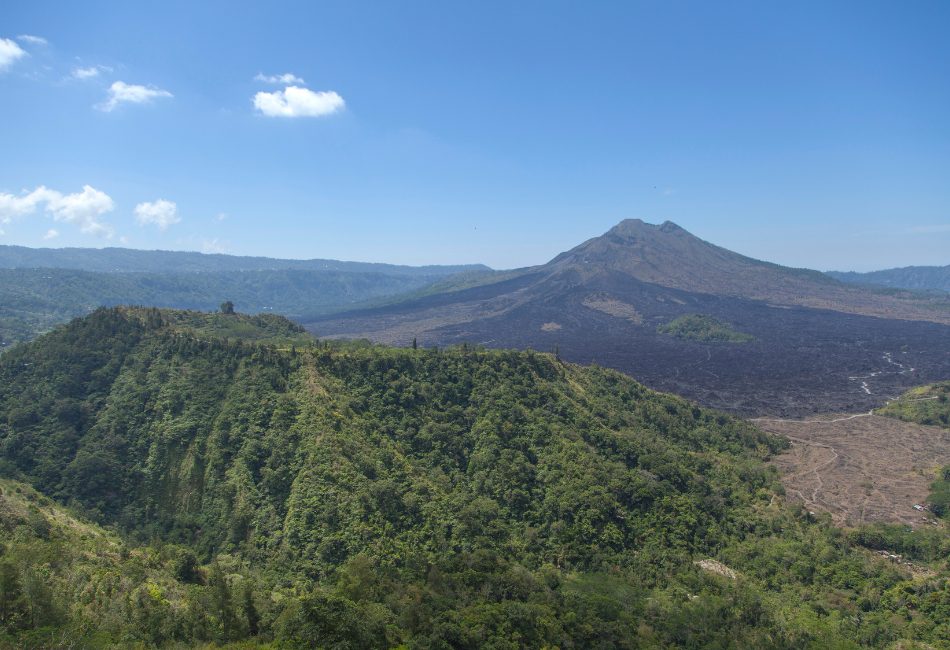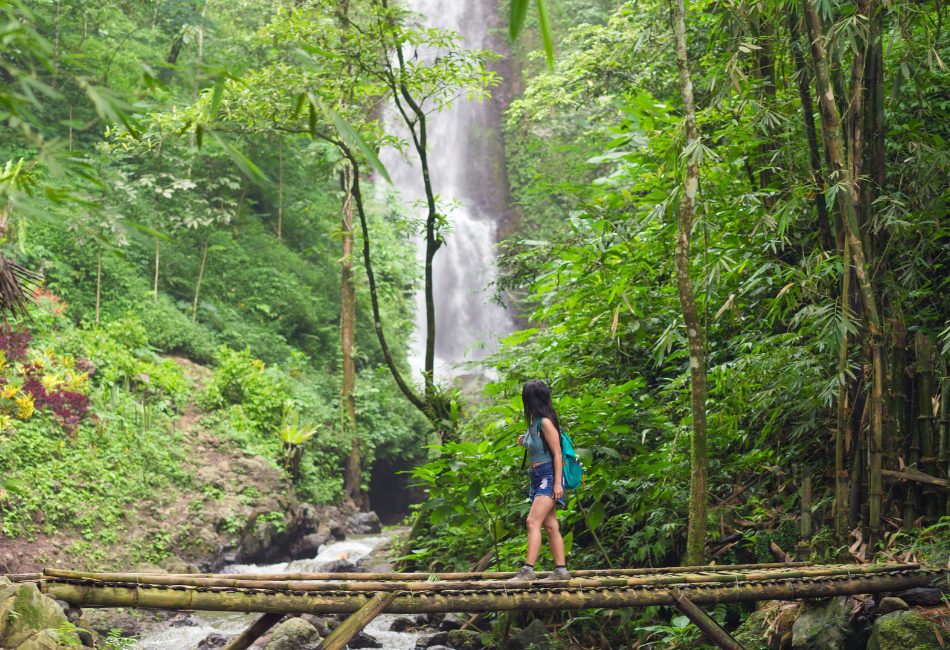Nyepi Day is one of the most unique cultural events in Bali, offering an experience unlike any other. Known as the Balinese Day of Silence, it’s a day of complete stillness, where locals and tourists alike take a break from the usual hustle and bustle. Streets are empty, businesses shut down, and even Bali’s airport stops operations for 24 hours. It’s a time for reflection, spiritual renewal, and embracing peace. If you’re planning to visit Bali in March 2026, here’s everything you need to know about Nyepi and how it affects your stay.
What is Nyepi Day?
The Meaning of Nyepi
Nyepi, meaning “to be silent”, marks the Balinese New Year in the Saka lunar calendar. While many cultures celebrate the new year with fireworks and festivities, Bali does the opposite—by going completely quiet. It’s a day dedicated to self-reflection, meditation, and maintaining a balance between humans, nature, and the divine.
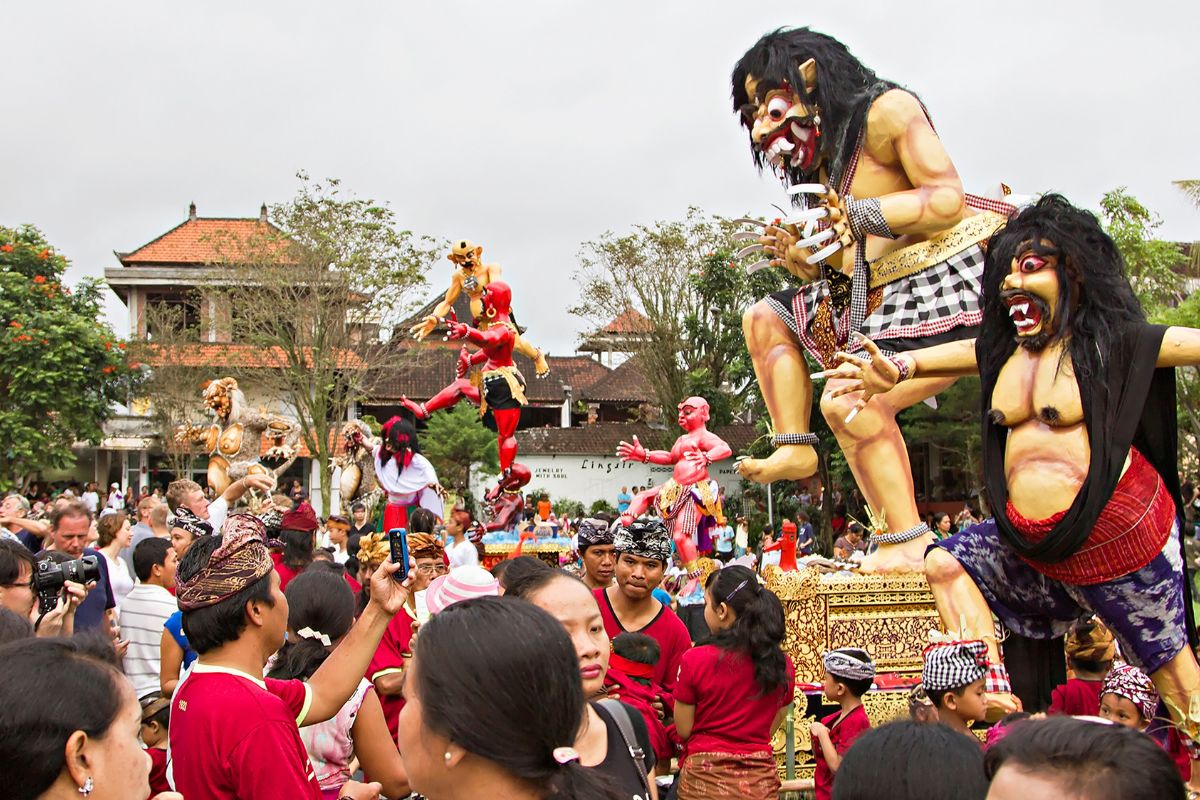
History of Nyepi Day
Nyepi has been celebrated for centuries as part of Balinese Hindu tradition. The rituals surrounding it aim to cleanse the island of negative spirits and restore harmony. The lead-up to Nyepi involves several purification ceremonies, with the most dramatic being the Ogoh-Ogoh Parade.
Why is Nyepi Important in Balinese Culture?
Nyepi represents a spiritual reset. It’s not just about silence but about pausing life’s distractions to focus on inner peace. The Balinese believe that by shutting everything down, they can trick evil spirits into thinking the island is deserted, preventing them from causing harm.
When is Nyepi in 2026? Where to Experience It?
In 2026, Nyepi falls on Saturday, 29 March, beginning at 6 AM and ending at 6 AM the next day. You can witness the lead-up events across Bali, but Ubud, Denpasar, and Canggu are some of the best places to fully experience the cultural richness of this celebration.
If you’re planning your trip around this time, it’s essential to know the best time to go to Bali to ensure an optimal experience.
Pre-Nyepi Celebrations: The Ogoh-Ogoh Parade
What is the Ogoh-Ogoh Parade?
The night before Nyepi, Bali erupts in color and noise with the Ogoh-Ogoh Parade. Giant papier-mâché statues, depicting mythical demons, are carried through the streets in a lively procession. The parade is loud and chaotic, filled with gamelan music, firecrackers, and cheers from the crowd.
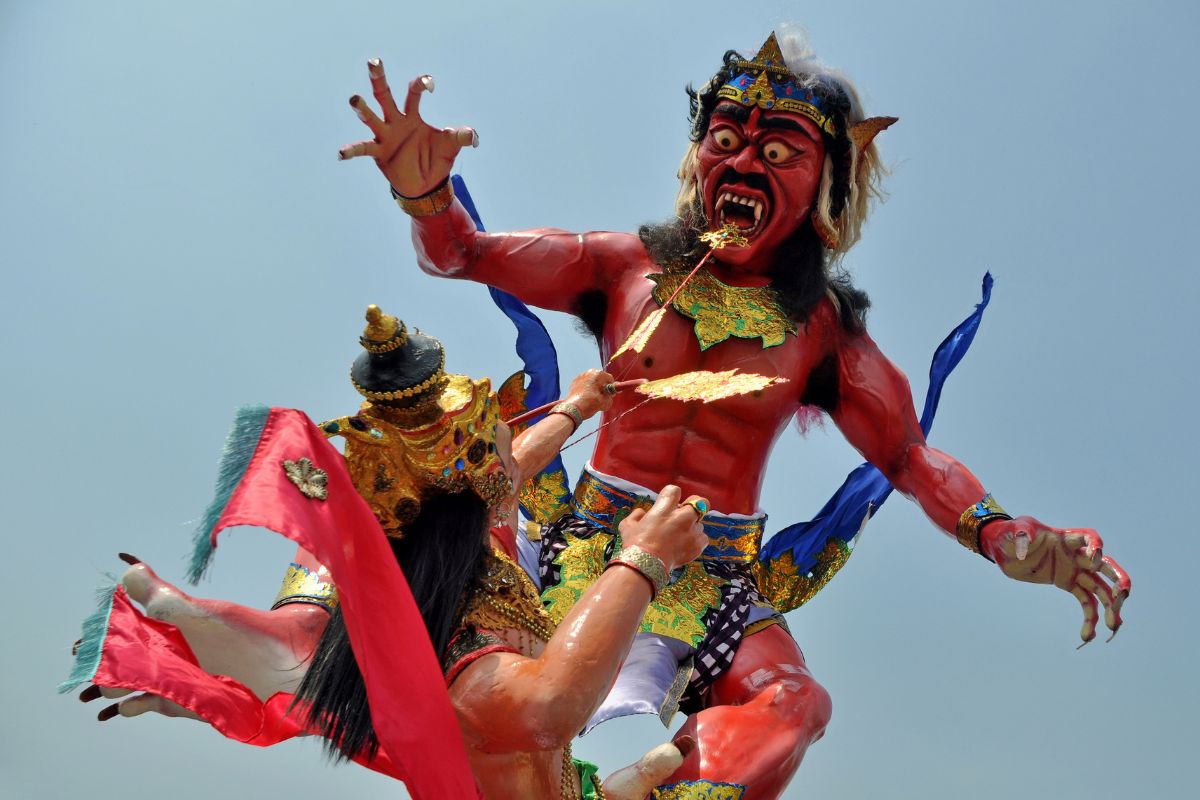
The Meaning Behind Ogoh-Ogoh Statues
These statues symbolize negative energy and evil spirits. After the parade, they are often burned, signifying purification and the removal of bad influences before the new year begins.
Where to Watch the Ogoh-Ogoh Parade in Bali
Some of the best spots to watch the parade include Ubud, Seminyak, and Kuta. The streets will be packed, so arrive early for a good view.
What Happens on Nyepi Day in Bali?
During Nyepi, the entire island shuts down. This means no flights, no cars on the streets, and no businesses open. Even lights are kept to a minimum.
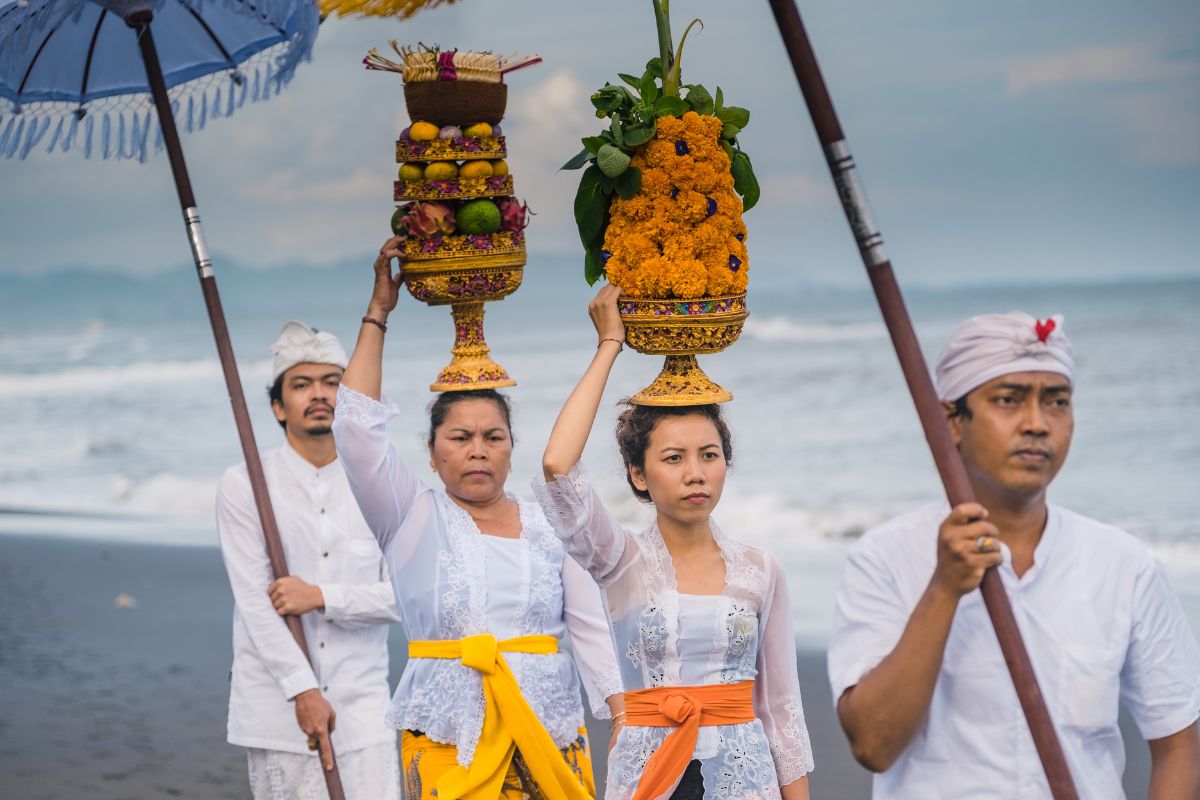
Amati Geni: No Fire or Electricity
Balinese Hindus refrain from lighting fires or using electricity, keeping their homes dimly lit to maintain the sacred silence.
Amati Karya: No Work
People take a break from all work-related activities, using the day for rest and spiritual reflection.
Amati Lelungan: No Travel or Leaving the House
Residents and tourists must stay indoors. Even the beach and streets are off-limits, with local security (Pecalang) ensuring compliance.
How Nyepi Affects Tourists in Bali
If you’re visiting during Nyepi, knowing what to expect will help you make the most of this unique experience.
Can Tourists Go Outside on Nyepi Day?
No. Everyone, including tourists, must stay within their accommodation for the entire day.
Are Flights and Transport Affected?
Yes. Ngurah Rai International Airport shuts down for 24 hours, and no boats or buses operate.
What Should Tourists Do to Prepare for Nyepi?
- Stock up on food, drinks, and essentials in advance.
- Plan for offline entertainment—download movies or bring books.
- Respect the local customs and avoid making noise.
For more insight on things to do in Bali before or after Nyepi, consider exploring some of the island’s top activities.
Things to Do on Nyepi Day as a Visitor
Just because you’re confined to your hotel doesn’t mean you can’t enjoy the experience.
Relax at Your Hotel or Villa
Many luxury resorts, like Viceroy Bali, offer special Nyepi packages with comfortable stays, private pools, and gourmet dining. Discover the best places to stay in Bali to ensure a memorable retreat.
Practice Meditation or Yoga
This is the perfect time for self-reflection. Take advantage of the quiet to meditate or do yoga. There are plenty of yoga retreats in Bali that offer relaxation and mindfulness experiences.
Enjoy the Starry Night Sky (No Light Pollution)
With no artificial lights, Bali’s night sky is breathtaking. Step onto your villa terrace and take in the stars like never before.
Post-Nyepi Rituals: Ngembak Geni
The day after Nyepi, life resumes with Ngembak Geni, meaning “relighting the fire.” It’s a day of forgiveness and new beginnings, where families visit each other and celebrate together.
Tips for Tourists Visiting Bali During Nyepi
- Book Your Accommodation in Advance – Many hotels offer Nyepi packages, so book early.
- Stock Up on Essentials Before Nyepi – Shops close, so buy what you need ahead of time.
- Relax and Indulge in a Spa Experience – Treat yourself to a rejuvenating experience before the day of silence.
- Respect the Local Traditions and Rules – Keep noise to a minimum and embrace a peaceful atmosphere.
Nyepi in Bali is a once-in-a-lifetime experience that offers a glimpse into the island’s deep spiritual culture. If you’re visiting in 2026, prepare well and enjoy the beauty of this sacred day in Bali.
To make the most of your visit, consider booking a guided experience with the best Bali tour operator agency.


